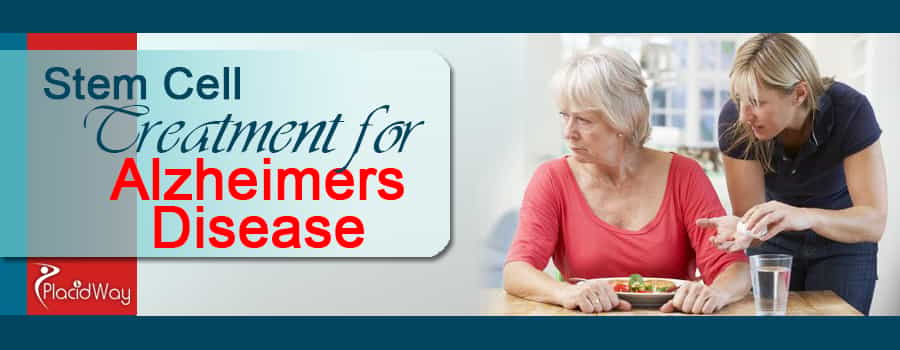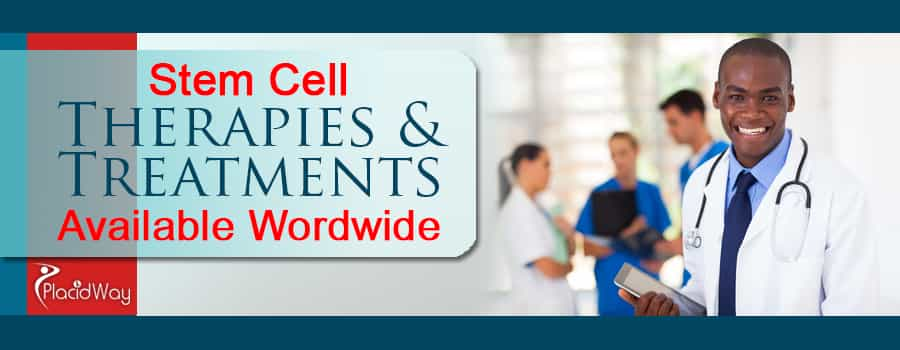

 lzheimer's disease is a devastating process that affects the function, clarity and processes of the human brain. Comprised of multiple stages, Alzheimer's disease is often first noticed as increasing frequency in forgetfulness, confusion and difficulty with thinking and reasoning processes.
lzheimer's disease is a devastating process that affects the function, clarity and processes of the human brain. Comprised of multiple stages, Alzheimer's disease is often first noticed as increasing frequency in forgetfulness, confusion and difficulty with thinking and reasoning processes.
To date, no cure exists for the continually degenerative decline of those diagnosed with Alzheimer's, which eventually incapacitates the brain's ability to control body functions such as breathing, swallowing, and mobility. However, recent development in stem cell therapies offer hope for those diagnosed with Alzheimer's disease.
In the past, Alzheimer's disease, its processes, devastation and symptoms have become more widely known and understood, though medical doctors and researchers are still not certain what causes the condition. Medications such as Aricept, Exelon, Razadyne and Namendal are often employed to deal with the symptoms of Alzheimer's, though they offer no hope for cure.
Fetal stem cell research has been focusing on offering hope for relief of symptoms, improved clarity, body functions, and an eventual cure for multiple stages of Alzheimer's. Fetal stem cell therapy is focused on restoring or maintaining specific brain function, as well as reducing further damage to brain cells and nerves. Such areas of study are currently underway in countries from Japan to the Ukraine.
Treatment is most beneficial during the early stages of the disease process, when mental symptoms such as confusion, forgetfulness, and memory loss are first noted. In addition, fetal stem cell therapy has been shown to improve:
In studies throughout Europe, individuals received two or three courses of stem cell treatments during the first year, followed up by additional course of stem cell therapy every year or two to maintain results.
To date, neural stem cells have shown a promising ability to repair memory in advanced stages of the Alzheimer's disease process in mice, and blood stem cell growth factors proliferated through bone marrow derived cells is the focus of many therapies around the globe.
Those experiencing early onset symptoms of the disease process as well as Individuals with a family history of Alzheimer's, as well as may benefit from stem cell research in countries where such therapies are approved and legalized. To date, the United States does not offer stem cell therapy, but clinical trials are currently underway.

Nowdays Stem cell Therapies and Treatments are available wordwide, from Mexico to Japan, South Korea, Germany, and the Ukraine, just to name a few. The treatment of Alzheimer's disease is a major candidate for adult stem cell treatment, fetal stem cell treatment, and blood stem cell treatments offered as transplants that become integrated with DNA of cells and differentiate into specific types of neural cells.
To date, scientific research into stem cells has identified multiple types of stem cells and sources. The most commonly studied, and used, stem cell therapies today involve the use of:
At their most basic definition, stem cells have the ability to limitlessly divide and are capable of developing into one or several different types of over 200 cells found in the human body.
Cost of treatments or course therapy using stem cell technology and research is determined by geographic location of treatment facilities as well as the stage of Alzheimer's being treated. Medical travelers are always cautioned to research and study human stem cell therapy, treatments and protocols and examine the history as well as case studies in foreign destinations. See here an approximate cost of stem cell therapy for Alzheimer's. Contact us for more details.
If you need information about where you can get stem cell therapies for Alzheimer's or you want to ask us a question, use the button below!

Stem Cell Therapy Abroad